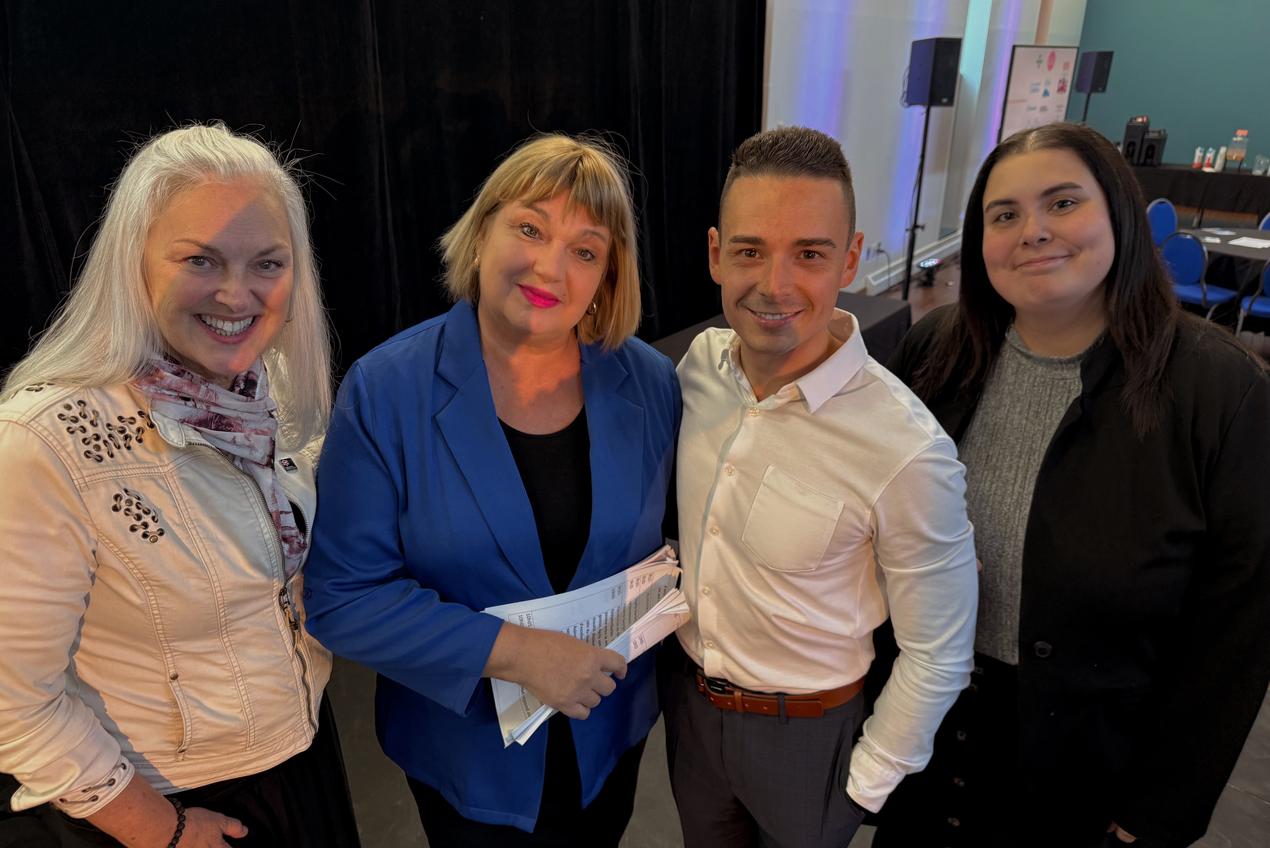The Outremont Seniors Forum, held on Thursday, October 9th at the initiative of the Table de quartier Outremont (TQO), brought together citizens, experts, and organizations around a crucial theme: how to enable seniors to age well at home through social geriatrics and home support. Among the participants, Bonjour Résidences was proud to be present, exchanging ideas with community stakeholders and contributing to this collective reflection on better aging in Quebec. Led by Sophie Stanké, this educational day provided a rich and inspiring space for discussion on new ways to support aging at the heart of the community.
From the outset, the tone was clear: the conversation was not just about services or care, but about rethinking how society can surround seniors so that they remain active participants in their own life journey. Social geriatrics, at the heart of the discussions, stands out as an innovative and deeply human approach. It aims to strengthen the connections between seniors, their loved ones, and their environment, emphasizing solidarity and prevention rather than solely medical responses. Aging also means continuing to belong to a community, feeling valued, and remaining engaged in collective life.
Home support, another key theme of the day, was presented as one of the essential pillars of dignified and sustainable aging. Participants witnessed firsthand how crucial this transformation is in Quebec today, in a context where the population is rapidly aging and more people wish to remain at home as long as possible. “It’s no longer just about providing home care; it’s about building a complete ecosystem: adapted services, better coordination between the public network and community organizations, and mobilization of neighbors and loved ones,” recalls Guillaume Nadon, Communications Director at Bonjour Résidences, who attended the event.
Throughout the forum, discussions highlighted numerous examples of collaboration and success. Community projects, home care cooperatives, and volunteer centers demonstrate daily that real change is possible through collective effort. Social geriatrics takes on its full meaning here: it humanizes support, places seniors at the center of decisions affecting them, and leverages the strength of social connections. The goal is not merely to prolong life, but to make it richer, more connected, and more serene.
Aging Well at Home Requires Preparation
One of the key messages of the day was the importance of preparing for aging in place. Aging at home cannot be improvised: it requires anticipation, information, environmental adaptations, and open conversations. Discussions emphasized how prevention, planning, and awareness can help seniors maintain their autonomy while reassuring their loved ones. This deeply human approach requires time, dialogue, and ongoing collaboration among all community actors.
The forum concluded with a shared conviction: for seniors to age happily and safely at home, a caring community is essential. The launch of the Caring Community for Seniors in Outremont aligns with this vision. This initiative aims to create a local support network where citizens, organizations, and institutions work hand in hand to make Outremont an inclusive environment attentive to the needs of seniors.
The Outremont Seniors Forum thus demonstrated that beyond statistics and demographic challenges, aging can be a collective strength. By highlighting social geriatrics and aging in place, the day reminded participants that solidarity, attentive listening, and community engagement are the true foundations of a society that cares for its seniors. Aging at home, surrounded and recognized, is more than a goal: it is a right and, above all, a shared vision for the future.








